We are back! 🎊🥳
Finally, after an eternity of hiatus, we have returned.
If you'd like to check out what's new, here's a quick summary of it.
Otherwise, we hope you enjoy this familiar yet new edition of Why So Curious?.
We recommend pairing this issue of the newsletter with:

This month's little big question:
Is there beauty in solitude?
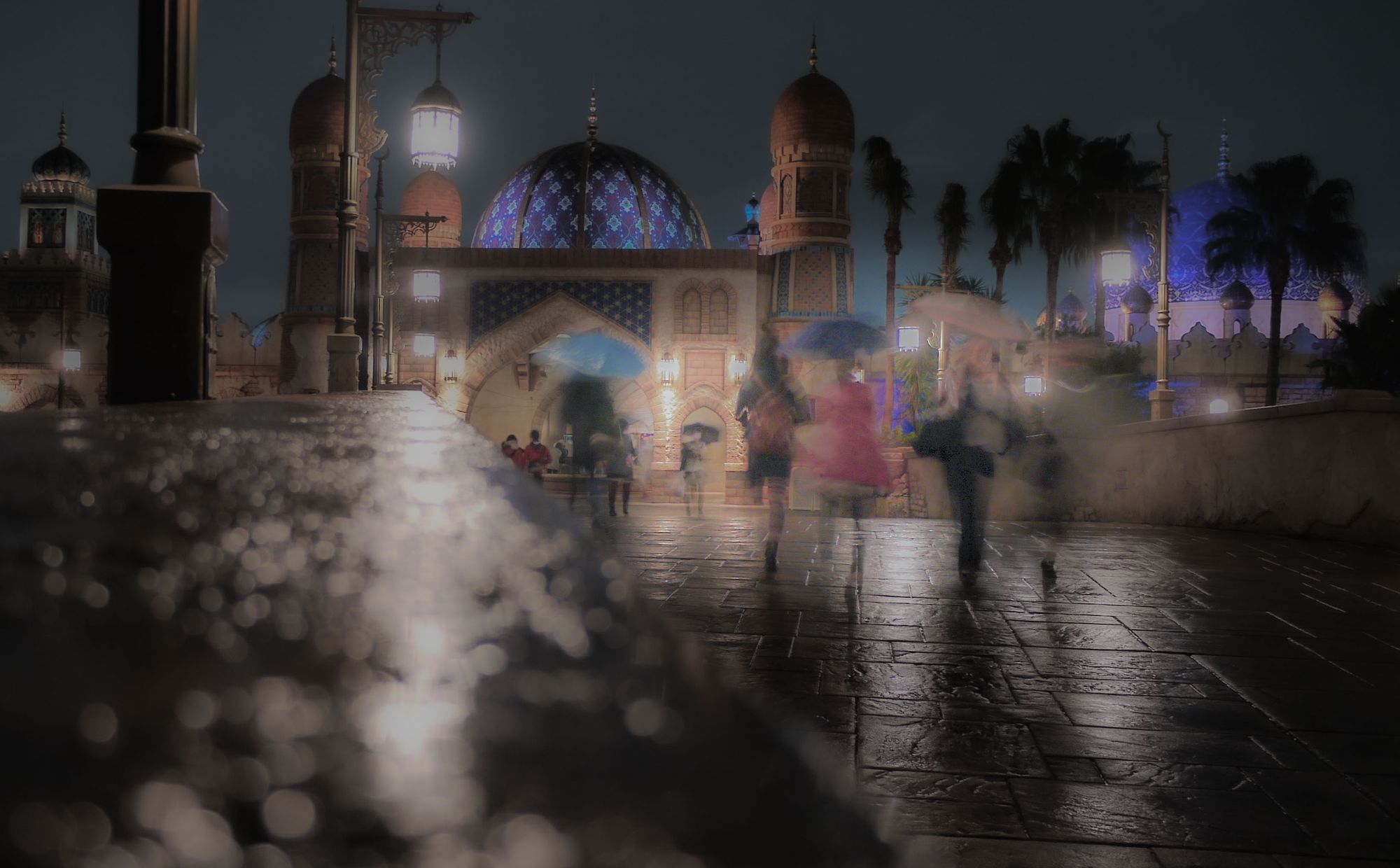
Every month, we'll pose a little big question for you to chew on, and share answers from some awesome people doing interesting things...
Distance, connection and solitude.
The pandemic has made these three things more pronounced, more acute in our everyday lives.
Be it their presence or absence, there's no doubt that we feel these three things more keenly now than we used to. Especially solitude.
For some, the repeated lockdowns meant being subjected to stretches of forced solitude. For others, the lockdown has meant losing precious pockets of solitude.
Because solitude has become such a prominent feature of our everyday life, as avid explorers of the quotidian, it seemed appropriate to dive back into this new season of Why So Curious with this little big question: Is there beauty in solitude?
Whether you're someone learning to make peace with forced stretches of solitude, or someone looking to regain some solitude, there should be something for everyone in this month's edition.

Here at empori, tea has become our primary artistic medium. And because we are working with tea, everything we do inevitably gets related back to tea, in one way or another. This newsletter is no different.
During our research of Teaism, we stumbled upon this lovely book:

Within its pages, we learned that at the centre of the philosophy of Teaism is "Wabi":
The concept of "Wabi" is a uniquely Japanese principle that is of great importance in traditional Japanese Aesthetics and literature. It is also a core principle in the Aesthetics of Tea Ceremonies.
Wabi is represented using the Kanji character "侘", which depicts a person inside an abode, in hopes to capture the Japanese experience of space, both alone and in the presence of others. Wabi consist of both the principles and ethics of harmonious being and interaction from a comfortable distance in specific, limited spaces; and the aesthetic experience of enjoying loneliness and solitude when being inside an abode, which can also be expanded upon as "the aesthetics of residence".
Wabi is not only about how to endure or even enjoy loneliness in solitude, but also being able to hold onto the sense of solitude even amidst noise and crowd, and in doing so, be able to maintain an elegant distance with others during interaction.
(Yes, Wabi and Sabi are two different concepts. But that's for another time.)
Although the translator of the book calls Wabi the "Aesthetic of Space", we'd like to think of it as the "Art of Solitude".
Wabi crudely summarized is about how we experience being alone in a given space. It's about enjoying the sense of freedom and peace that comes with being alone inside a space that is disconnected from the hustle and bustle of the outside world.
So if the term 'art of solitude' did not belie where we stand on the topic of 'Is there beauty in solitude?', this summary probably declares our stance loud and clear.
Yes, we absolutely think that there is beauty in solitude.
We don't just mean that there is beauty in being alone however, because we recognize that 'alone' and 'lonely' are two very different things.
We are saying that even loneliness can be beautiful.
I don't enjoy being lonely, but there is a certain flavor of loneliness, a certain pang of this emotion is that I find comforting and almost achingly beautiful.
This particular flavor of loneliness (for I believe that there are many flavors of loneliness) consists of wistfulness, nostalgia and peace. It usually happens when I am alone, but deeply wish to share that moment with someone. Paradoxically however, I also recognize that the presence of another person will change that moment. I will no longer feel that moment so keenly, so acutely, so deeply in the presence of another. This moment only exists because of my being alone, and is defined by, or at the very least, built on my loneliness. In fact, if I was alone but did not feel lonely, my experience of this moment would be a completely different one.
Because these experiences that are characterized by loneliness are so transient and fragile, I find them curiously beautiful. I suppose there is also beauty in the paradoxical nature of such moments.
It is beauty that I must put in effort to find.
Which leads us back to Wabi.
Finding beauty in loneliness to us feels very Wabi indeed.
Simply being alone at home or being in solitude does not lead to the manifestation of Wabi. The beauty emerges from how we choose to be in the space, how we choose to narrate our experience of being alone.
The beauty of solitude is created by us.
Which is why I prefer to call Wabi, or at least the practice of Wabi the "Art of Solitude".
Aesthetics is just notion, a concept.
But art, art is something we make.
Art is something we do.
And the Art of Solitude is something we can all do.
If you so choose to.

Of nightlights and irons
There are some things you only notice when you are truly alone.
Late at night is one of those times when I am truly alone.
And so I notice. There on my nightstand, my IKEA nightlight.
The soft glow of its filaments, casting a warm magical hue on everything around it.
In its light, my iron looks less like an appliance and more like an imposing sculpture in a museum. In its light, my bottle looks less like a drinking vessel and more like a vessel of secrets.
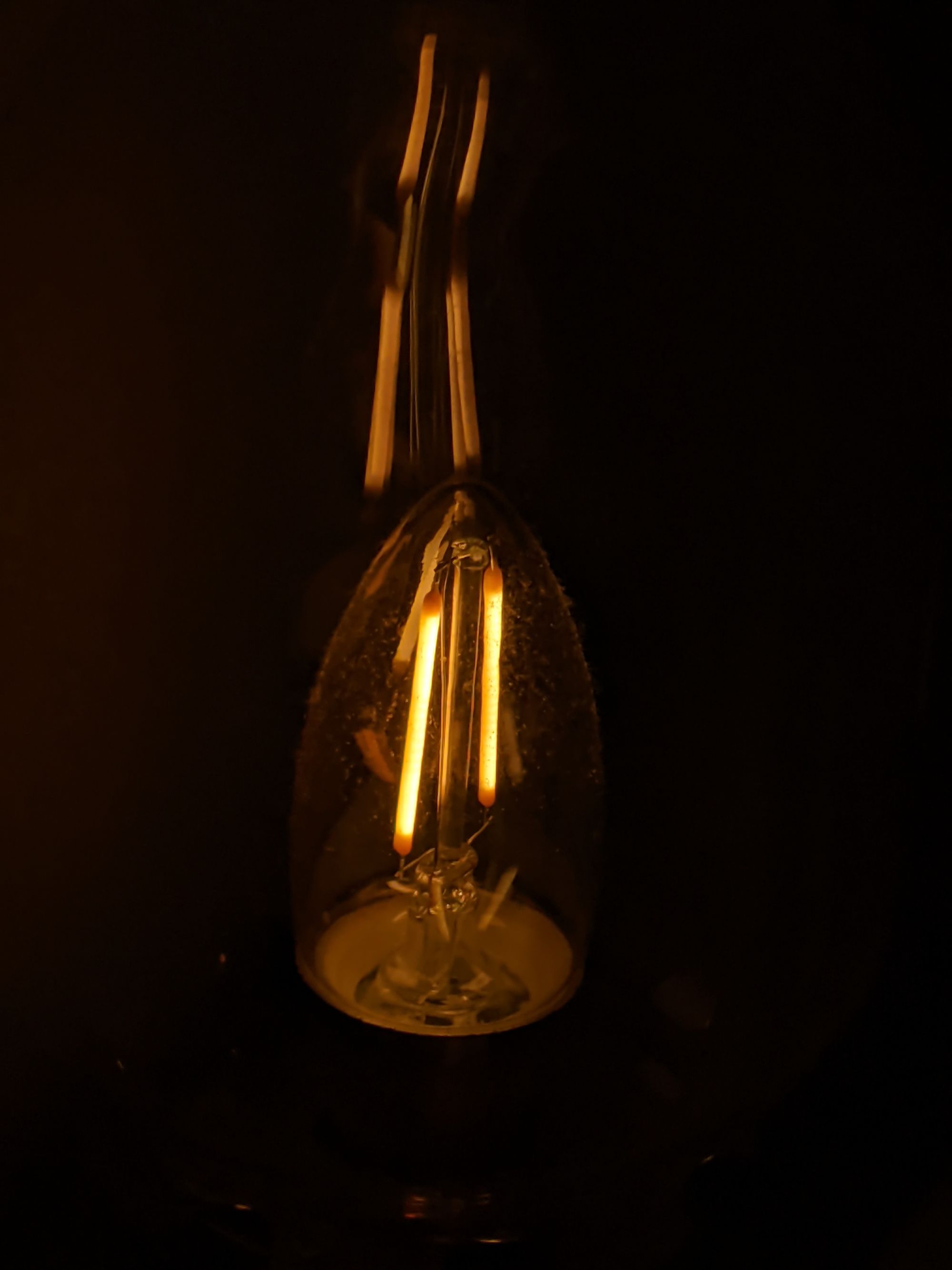
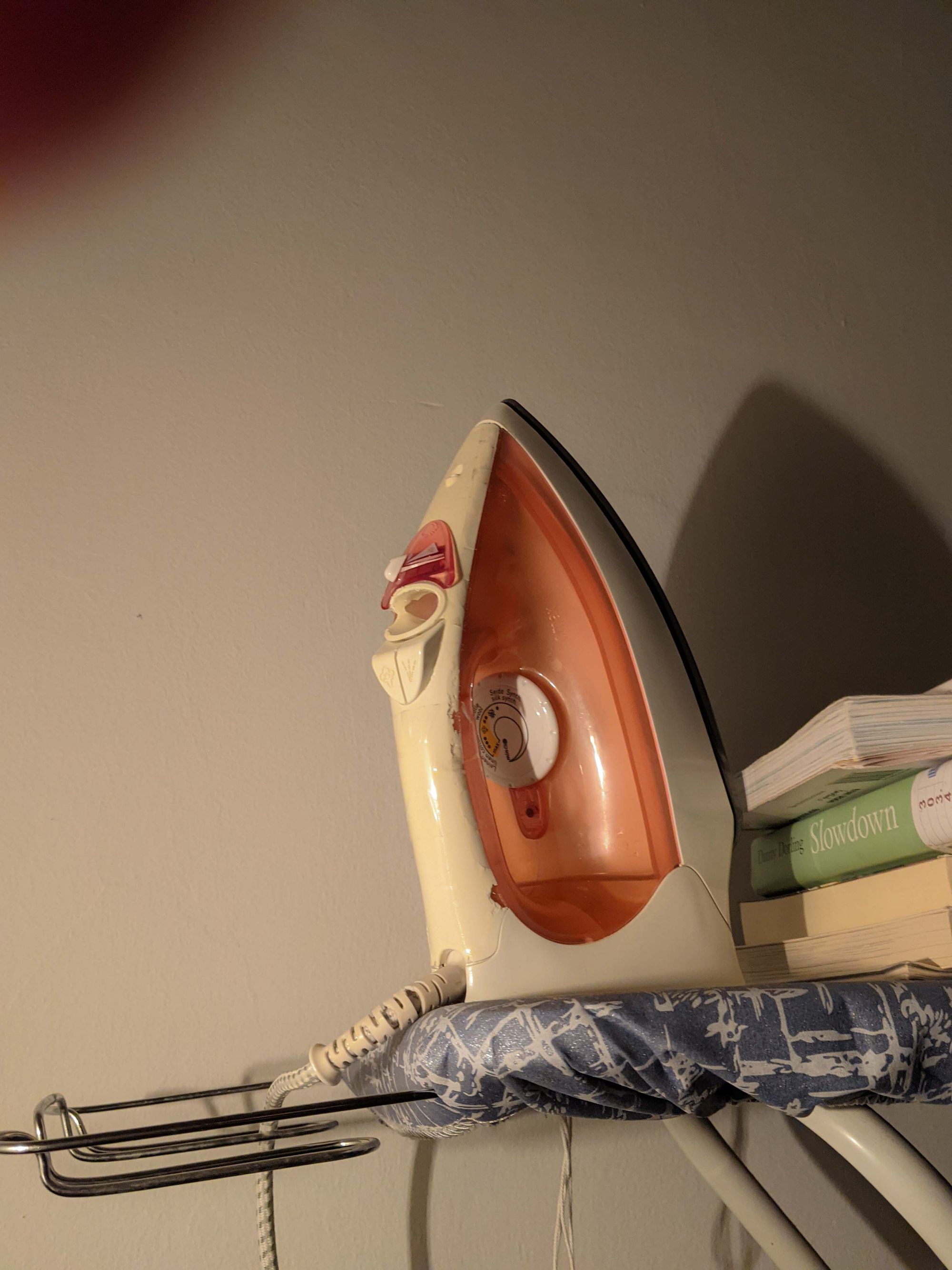
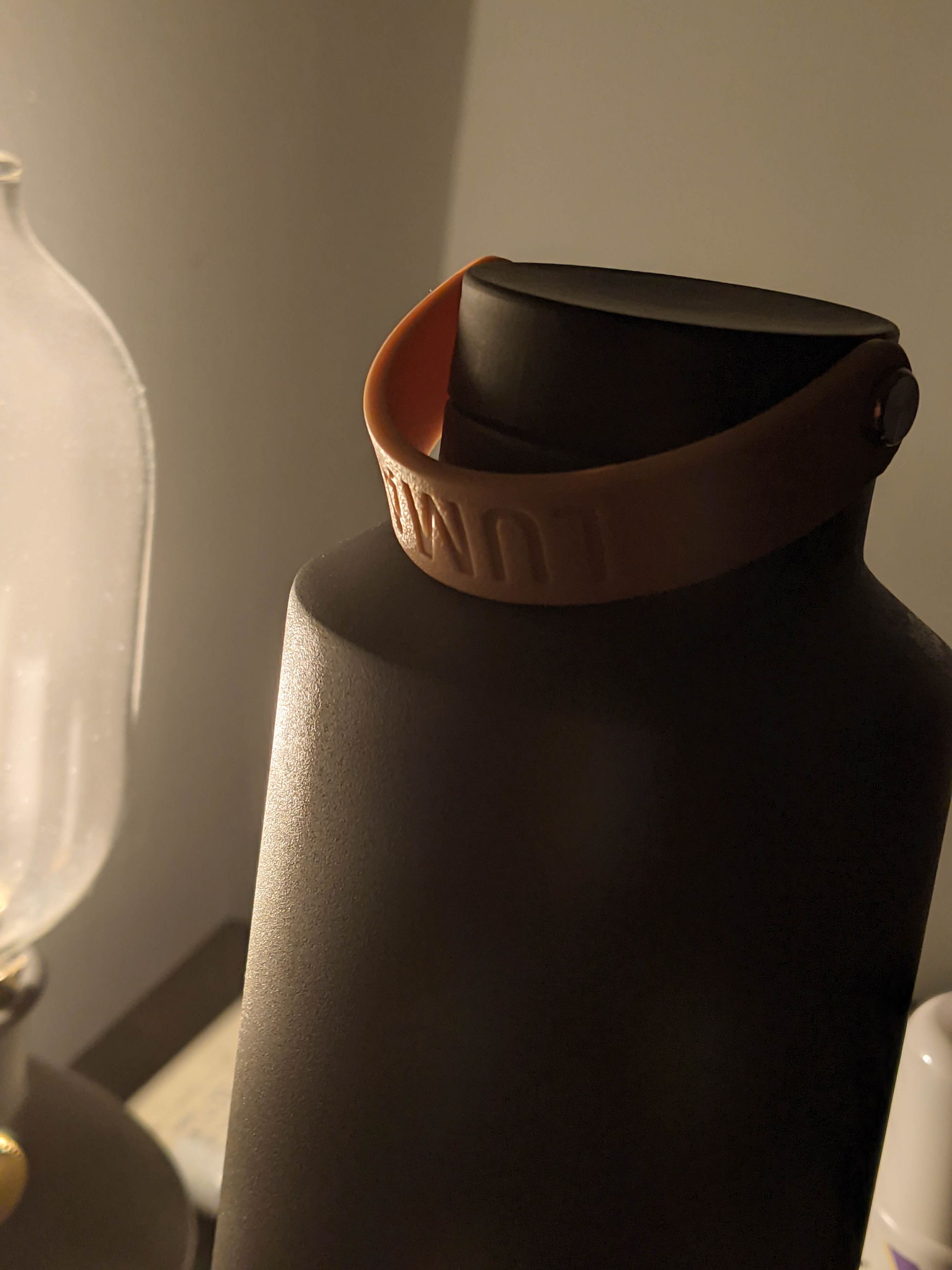
Tonight I am truly alone, and suddenly everything looks a little more magical.

Hello there! It's me, libraRIan.
Welcome to my corner of the newsletter where I round up all of artist-ri's newest posts and additions to our humble library for the month.
What's happening in the Library
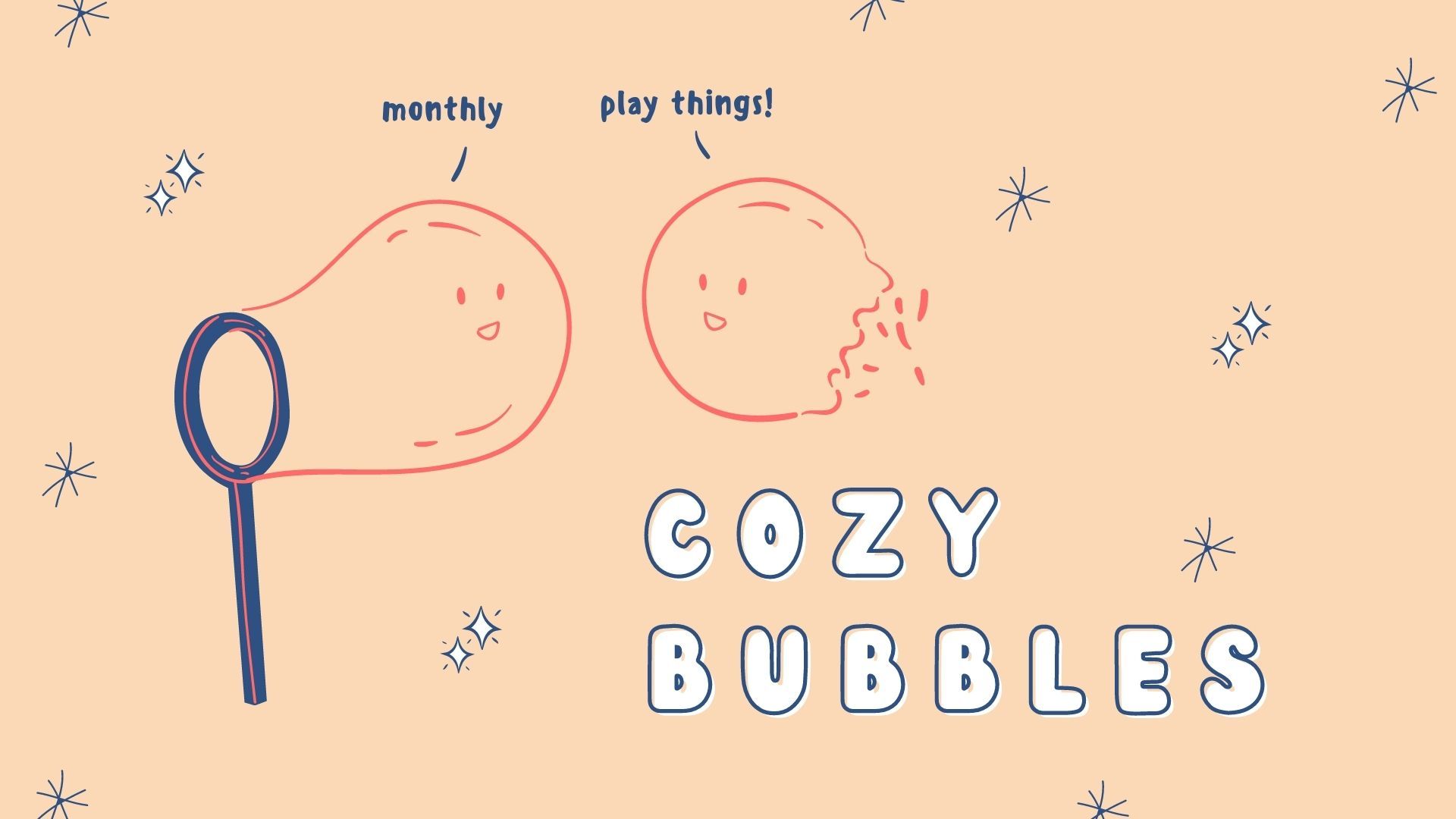


PS: If you're receiving this newsletter in your inbox, you're 100% a subscriber. For posts prompting you to log-in, just key in the email you've received this newsletter with and you'll get a log-in link. No passwords required 😉
What's happening IRL: Identi-tea (茶wu語)

You've probably heard us talk about Identi-tea and taste experiences as what we've been busy working on here at empori.
Well, we're glad to share with you guys that Identi-tea is finally out of beta-phase and is officially available for public consumption! 🎉🎉
What is Identi-tea you ask?
Identi-tea is a tea experience where you get to explore how you can use your sense of taste for aesthetic purposes to ultimately find a tea whose flavor profile reflects your unique identity. (Hence Identi-tea, get it?)
If that has piqued your curiosity, you can check it out the experience here.

/__opt__aboutcom__coeus__resources__content_migration__serious_eats__drinks.seriouseats.com__images__2013__07__20130716foamquin-24a95ee0b89c49eda9f72c528e608906.jpg)
.png?format=1500w)
THANK YOU FOR READING!
If you enjoyed this newsletter, do share it with a friend!
☕ We also won't complain if you buy us a coffee
If you'd like a monthly dose of curiosity in your inbox, click me🎃!







